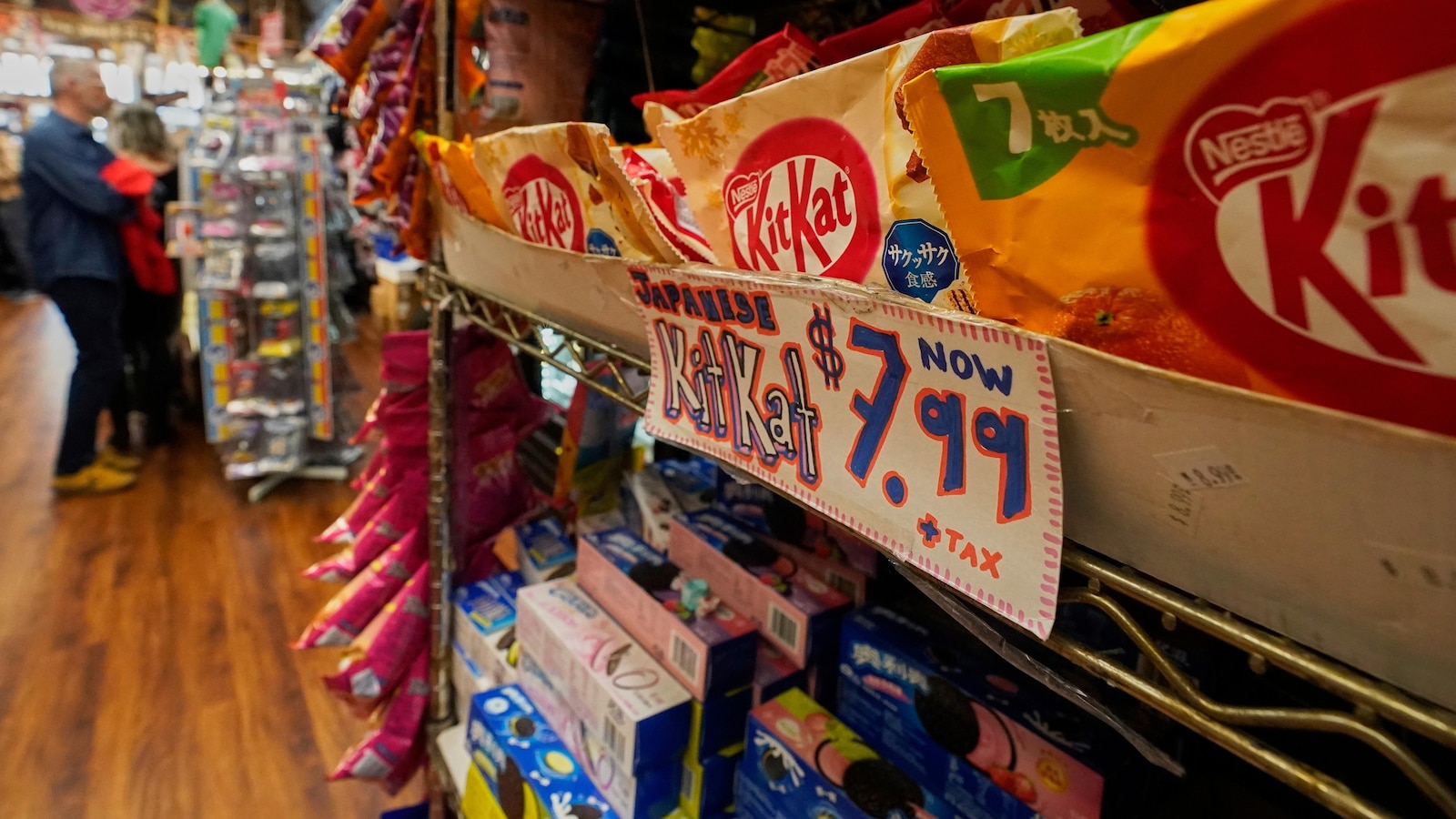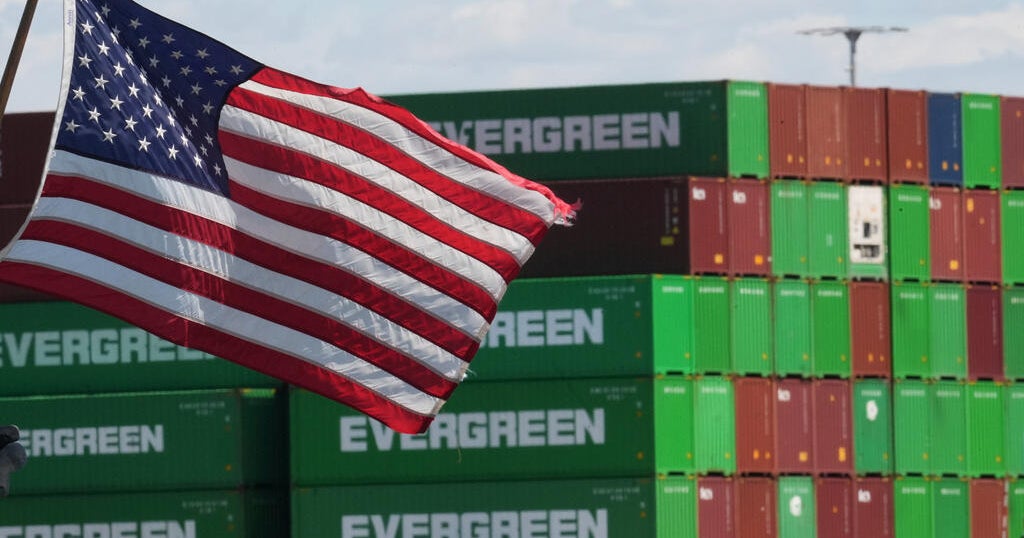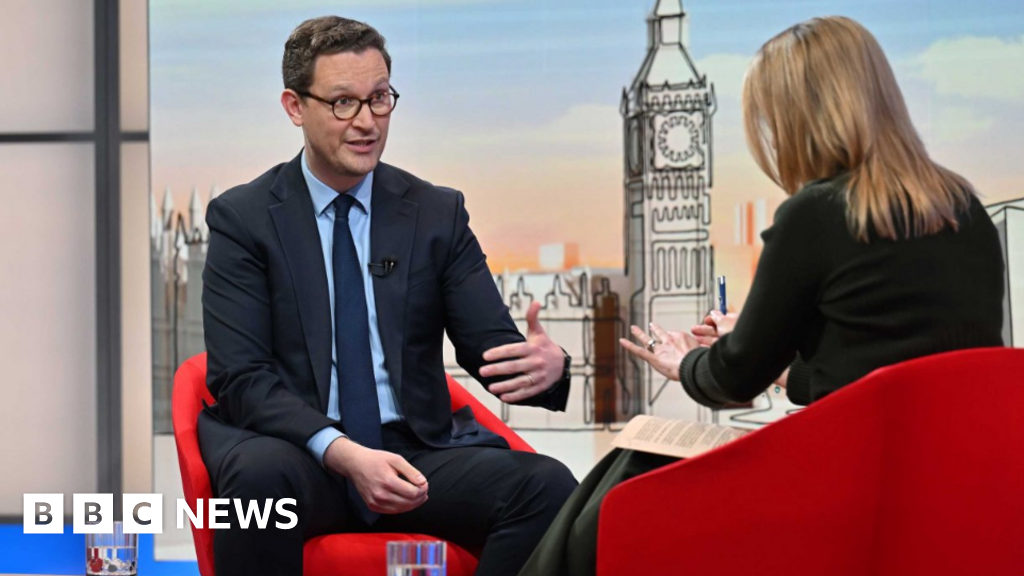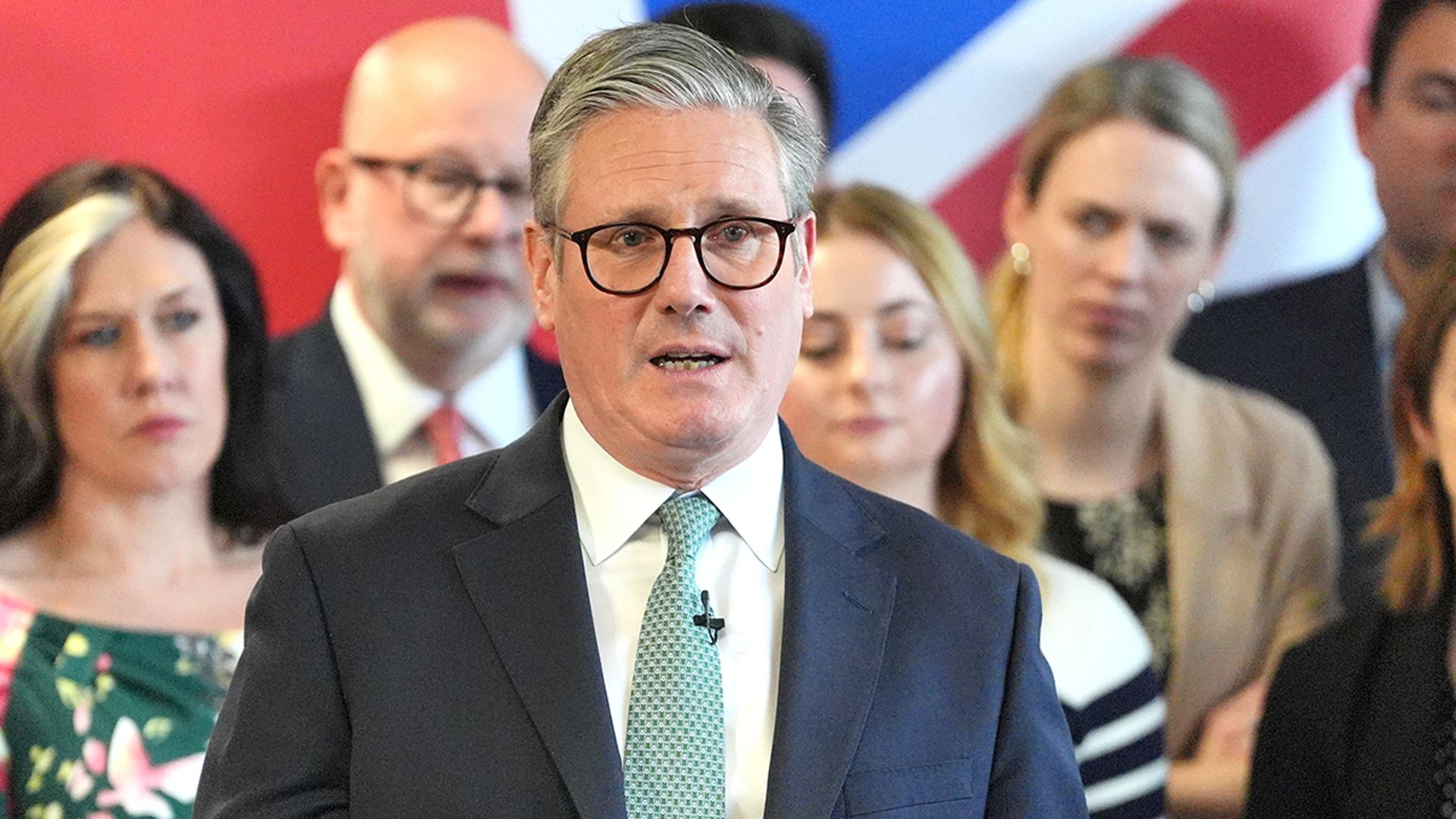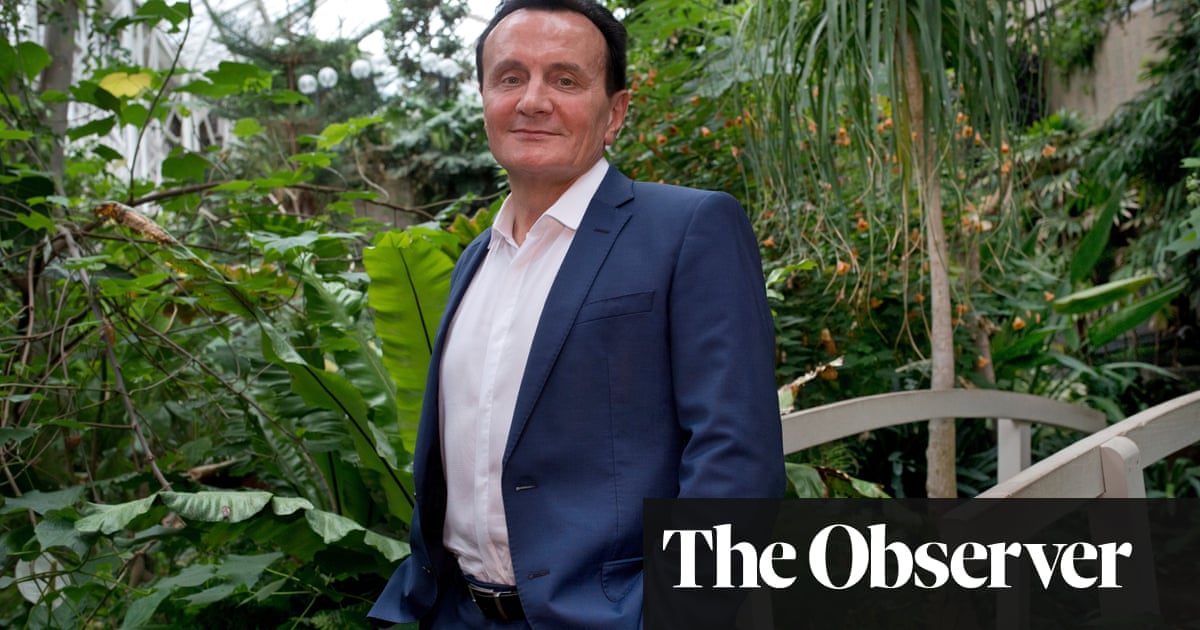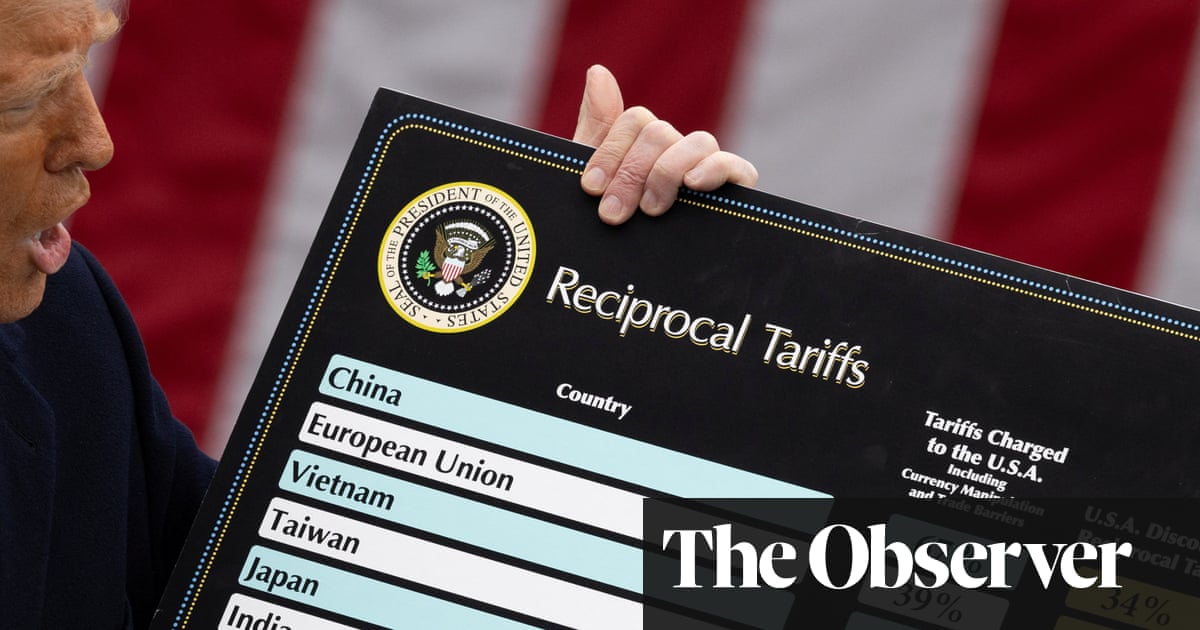
The fallout from Trump’s tariffs: is there a masterplan, are we heading for recession and what does it mean for UK?
What is Trump’s master plan?
The US president wants to revive the manufacturing sector with a mix of protectionist policies, tax cuts and deregulation. Higher tariffs on foreign imports are supposed to encourage investment by US companies and overseas businesses that want to avoid the tariffs.
The cash generated by the tariffs will be the source of funds for tax cuts, unlike Trump’s first administration when tax cuts were funded, Liz Truss-style, by extra borrowing.
Rightwing groups that bankrolled Trump in 2024 want him to bring down debts, insisting the president work harder to balance the books. That’s also the rationale behind cutting government staff numbers.
Are more tariffs on the way?
There is much more to Trump’s tariff scheme. He has yet to apply tariffs to pharmaceuticals and rare-earth minerals. He also intends to end a “de-minimis” rule that allowed goods worth less than $800 (£620) into the US tariff free. The de-minimis rule is widely considered to be something Chinese household goods and clothes makers like Shein exploit.
These extra tariffs are expected to be tailored so they hit China and affiliated countries the hardest.
Will there be a recession?
A prolonged downturn in the US is a possibility that is rapidly becoming more certain as countries react to US tariffs with countermeasures of their own. China’s rapid response, which was to impose a like-for-like 34% increase in import charges on US goods from 10 April, could be the start of a broader tit-for-tat that harms all major trading nations, including the UK.
Rachel Reeves cannot know the outcome for the UK because such sweeping protectionist policies have not been tried in the modern era. In the 1930s, most economic activity was generated by manufacturing and activities like mining, but today 75% of the UK economy is services and untouched directly by tariffs.
Still, there is the potential for economic growth to take a battering from the short-term shock and the uncertainty caused by the on/off tariff policy. Slower growth will undoubtedly force the government to review its tight spending rules.
What will happen to inflation?
If Keir Starmer rebuffs calls for retaliatory tariffs, inflation may fall. Oil and gas traders have already cut futures prices in the belief that there will be lower demand. Goods suppliers shut out of the US could look to redirect sales to the UK at a discounted rate. The government will be wary of allowing China and other badly hit countries in the far east to dump goods, but it should, nonetheless, keep prices from rising.
If the UK applies tariffs then it could increase inflation, though many components imported from the US are re-exported as finished goods back across the Atlantic, leaving US consumers to pick up the bill.
Trade is complicated and Trump adheres to a 19th-century version when supply chains were clear and products relatively simple. We saw in the aftermath of the Brexit vote and during the pandemic how easily supply chains can be hit. We also witnessed the ingenuity of manufacturers when confronted by trade barriers to find new markets.
What will happen to interest rates?
The Federal Reserve is expected to follow a different playbook to the 1930s and cut interest rates to support the economy. In fact, Trump is banking on the Fed being a safety valve for his policies. He also expects the dollar to decline, making it cheaper for US companies to export their goods.
However, an increase in inflation may force the Fed to pause. The European Central Bank has said it will carry on cutting interest rates as already planned. Only a few weeks ago the Bank of England was expected to cut rates just one more time this year. Now financial markets are almost pricing in three cuts from 4.5% to 3.75%.
Lower interest rates could offset much of the damage from a manufacturing slowdown, offering factory owners cheaper credit and encouraging consumers to spend by lowering mortgage bills.
Will UK businesses struggle?
Brexit was a terrible experience for most small and medium-sized businesses that export their goods. Many have given up completely, causing permanent damage to the UK economy that the Office for Budget Responsibility, the Treasury’s independent forecaster, estimated cost 4% of national income (GDP).
Trump’s tariffs have the potential to wreak the same kind of damage, though larger firms that have complex supply chains involving factories in the US may be hit harder.
Some firms like the industrial equipment maker JCB have pledged to increase production in the US to avoid tariffs. Some companies will follow suit. Others may choose to wait and see whether Trump can keep the Republican party on side and maintain tariffs over the next four years.
Whichever tactic they follow, it could have a chilling effect on business investment, which has been low in the UK since the Brexit vote in 2016. Reeves is desperate to raise investment levels as part of her growth strategy. Trump has done his best to make sure that doesn’t happen.



